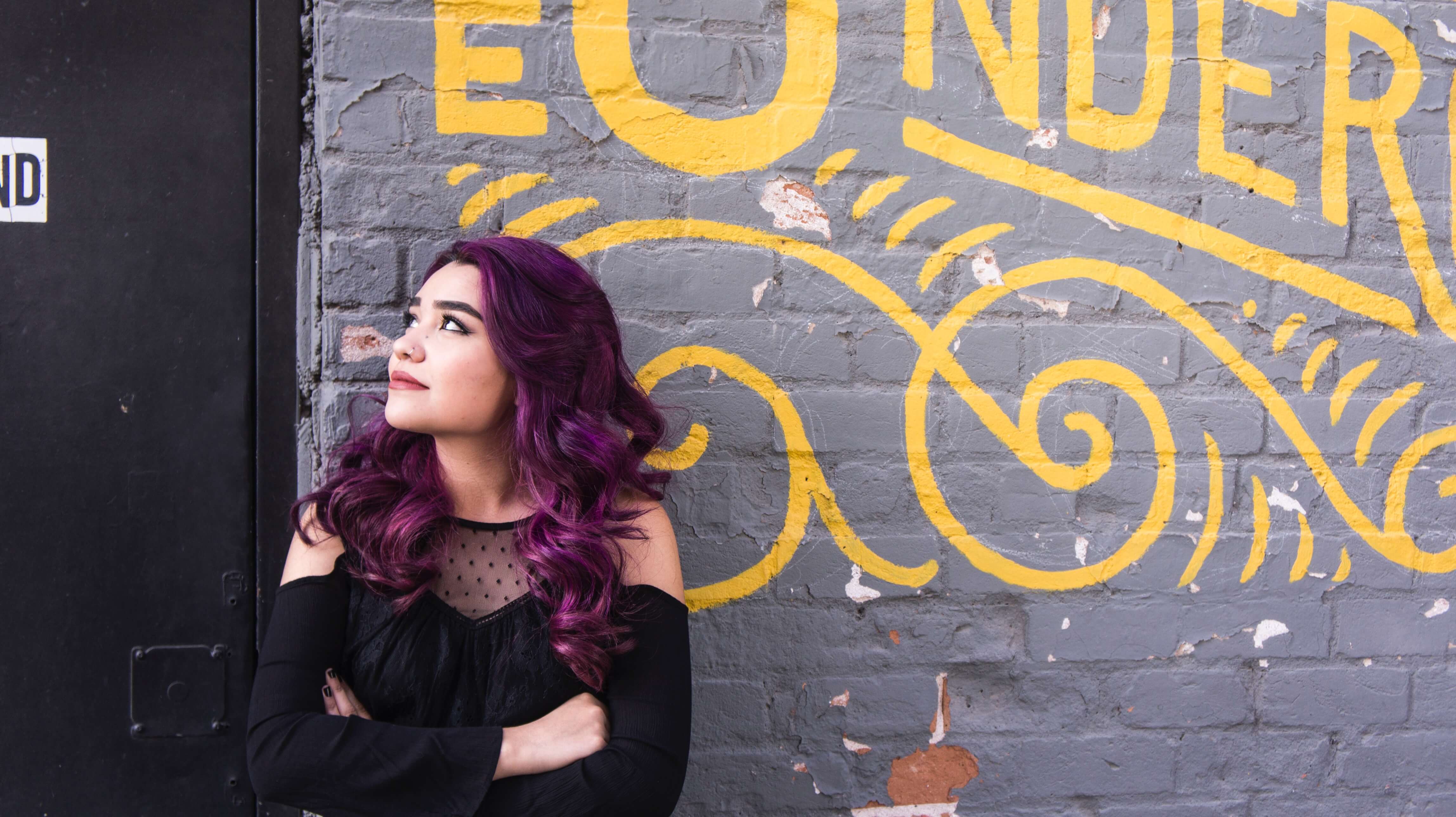Congratulations! You were able to safely exit an unhealthy relationship. After some time spent healing and doing massive amounts of self-love work onto yourself, you made the brave decision to enter into something new. You think you’ve found someone who is caring, respectful and honest with you. All you need to do is openly receive their affections, and willingly express yourself back to them. Piece of cake!
No?
Yeah. It didn’t work out that easily for me either. The effects of unhealthy relationships can linger long after we’ve made the split. They can roll over into our subsequent relationships and manifest as heavy emotional or physical barriers–sometimes with the main trigger being having a partner again. It can feel as if the wounds from our past were successfully closing, but once we started to get close to a new partner, they opened right back up again.
After barrelling through a few superficial relationships in my guarded state, I managed to learn about some of the past wounds I kept opening and began to work on closing them–for good. That said, here are 3 ways to let go of emotional wounds from a previous relationship.
3 Ways To Let Go Of Emotional Wounds

1. Wound: Isolation
I was very hesitant about hanging out with friends or visiting family in my current relationship for a long time. I worried that my partner would not approve of my trips or that they would feel left out. When I did travel, I would bring my S.O. with me. Anytime I visited a friend of mine (who lived an hour away), I felt incredibly guilty while I was gone, and I usually rushed home if I stayed overnight. None of his behavior told me that I needed to be by his side; it was merely a leftover fear from when I dated someone who tried to monopolize all of my time. It took awhile to realize that I could have a social life without criticism from my partner.
Remedy: Spend Time With Your Friends
The main remedy for my defensive behavior was to be honest about the guilt I had carried over from my previous relationship. When I did, it helped my partner understand why it was so important for me to balance my time with them and the time I spent with friends. It took some time but eventually, I believed my S.O. when they said they wouldn’t be upset when I went out without them. I also worked to initiate solid plans with my friends and family without flaking out. Being proactive about socializing serves as the best reminder that we have control over who we spend our time with; not our partners.
2. Wound: Fear of Disappointment

I sometimes still get a pit in my stomach if I do something wrong (buy the wrong beverage, dinner takes too long, or having a lazy day), and jump to the conclusion that I’m not worthy of dating. As someone who deals with anxiety and depression, the fear of disappointing my partner is the hardest to fight but, it has gotten easier. In the past, I dated someone whose behavior would trigger my anxiety. In multiple situations they would give me the cold shoulder for no apparent reason and when I asked them why, their response was, “I’m not happy.” I would immediately feel guilty as if I was responsible for their happiness. After my ex would point out what I had done wrong (usually showing my independence) they would finally say that they didn’t really mean that they were unhappy, just disappointed in my behavior. I was constantly worried that they would break up with me over a small mistake (#that’snotlove).
Remedy: Stay Mindful
A key to overcoming this fear in a new relationship is paying attention to your new S.O.’s reactions when something goes awry, and then comparing it to your own. For example, if you notice yourself bursting into tears, or defensively exploding in anger when your partner says, “Aw, I wanted the orange soda instead,” then maybe it’s time to figure out the source of your response. How did you interpret their reaction? Was it logical? Does your response match the situation you’re reacting to or are you reacting to an emotional wound? Be sure to clue your current S.O. in when uncomfortable feelings arise. If they can understand your response, the two of you can work out a way of communicating that’s beneficial for the both of you.
3. Wound: Lack of Support

I spent a lot of time in the beginning of my current relationship keeping my dreams to myself. I wanted to change jobs and start an online business. However, I was worried that my partner would deem my aspirations inferior or unimportant. After spending part of my twenties with someone who belittled me and attempted to pull me from my passions through manipulation, I decided pretty quickly that I could only truly pursue my dreams if I were single, or hid them from my partner.
Remedy: Talk About Your Dreams
After many discussions with my current partner about what we wanted out of our lives, it became obvious that I was holding back. With a combination of gentle encouragement from my partner and reminders to myself that my dreams were valid, I was able to share more of myself with my current partner. Receiving genuine support from your partner may feel foreign after you’ve left an unhealthy relationship. But remember this, a good partner will be supportive of your dreams.
The most important part of releasing past wounds is remembering that your current partner is not the person who hurt you. Working through emotional wounds is not easy. If you’re having trouble you may need to enlist the help of a trusted friend or professional therapist. After dealing with an unhealthy partner, sometimes it’s hard to believe that there is anything else out there, but I promise you, there is. And you deserve to feel connected, secure and supported when in a relationship.
For more tips on healing past wounds, check out our article Helping Your Partner Heal from Relationship Abuse and plenty more at the JoinOneLove.org blog.
Browse by Category

Don’t Be on the Naughty List: Spotting Unhealthy Relationship Signs This Holiday Season
The holidays are meant for joy, connection, and celebration—whether it’s Christmas, Hanukkah, Kwanzaa, or cozy winter vibes. But if someone…
How to Have Healthy Holiday Conversations with Family (and Prep Your Partner)
The holidays are a time for family, good food, and—let's…
Finding Strength in Our Stories: Domestic Violence Awareness Month
⚠️ Trigger Warning: This blog includes content and language related…
Understanding Domestic Violence Awareness Month (DVAM)
October is almost here, and that means it’s time to…
4 Students Share How They Helped a Friend in an Unhealthy Relationship
Watching a friend struggle in an unhealthy or abusive relationship…














